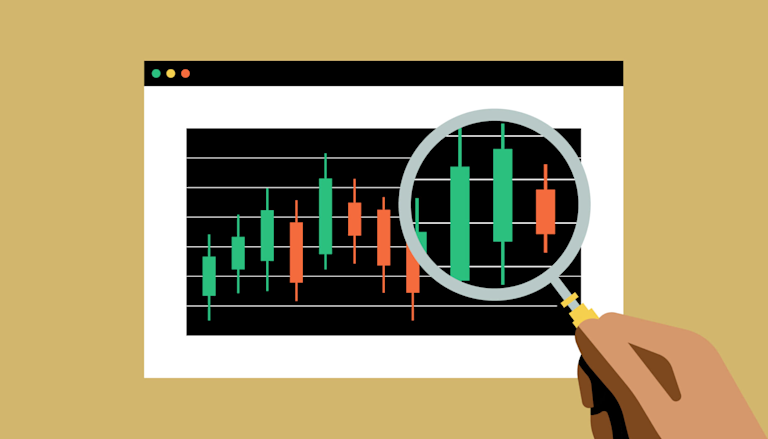
The Rise of Crypto Trading Platforms: Navigating the Future of Digital Finance
In recent years, the financial landscape has witnessed a transformative evolution with the advent of Crypto Trading Platforms click here cryptocurrency trading. Crypto trading platforms have emerged as critical facilitators, allowing investors, both novice and experienced, to buy, sell, and trade a wide range of cryptocurrencies. This article explores the rise of these platforms, their advantages, market dynamics, and the challenges that come with trading digital currencies.
Understanding Crypto Trading Platforms
Crypto trading platforms are online services that allow users to trade cryptocurrencies for other digital assets or traditional fiat currencies. These platforms can be categorized into three main types: centralized exchanges (CEX), decentralized exchanges (DEX), and peer-to-peer platforms (P2P). Each type presents unique advantages and challenges for users.
Centralized Exchanges (CEX)
Centralized exchanges are the most popular type of crypto trading platforms. They act as intermediaries between buyers and sellers, providing a user-friendly interface for trading. Examples include Binance, Coinbase, and Kraken. The benefits of these exchanges include high liquidity, a wide variety of trading pairs, and advanced trading features. However, they also face challenges regarding security since they hold users’ funds in their wallets, making them targets for hackers.
Decentralized Exchanges (DEX)
Decentralized exchanges facilitate the direct trading of cryptocurrencies without an intermediary. This structure promotes increased security, as users maintain control of their private keys and funds. Platforms like Uniswap and SushiSwap exemplify this model. DEXs empower users to trade directly on the blockchain and often feature unique tokens not available on CEXs. However, they can suffer from lower liquidity and user experience challenges.
Peer-to-Peer Platforms (P2P)
P2P platforms enable users to trade directly with one another, setting their own prices and payment methods. LocalBitcoins and Paxful are leading examples of this type. These platforms facilitate cross-border transactions and financial inclusion, especially in regions with limited banking infrastructure. However, they may pose higher risks due to the potential for fraud and lack of formal recourse.
The Benefits of Crypto Trading Platforms
The rise of crypto trading platforms has democratized access to financial markets, allowing more individuals to invest in cryptocurrencies. Here are some significant benefits:
1. Accessibility

Crypto trading platforms operate 24/7, allowing users to trade anytime and anywhere in the world. This accessibility is a significant advantage over traditional financial markets, which have limited trading hours.
2. Diverse Investment Opportunities
Investors can trade a wide variety of cryptocurrencies, from well-established options like Bitcoin and Ethereum to new altcoins. This diverse range of investment opportunities enables users to build broader and more resilient portfolios.
3. Enhanced Security Features
Leading crypto trading platforms invest heavily in security measures, including two-factor authentication (2FA), advanced encryption, and cold storage solutions for digital assets. These features provide users with peace of mind when trading their investments.
4. Educational Resources
Many trading platforms offer educational resources, tutorials, and market analysis tools to help novices learn about cryptocurrency trading. This educational support helps users make more informed trading decisions.
The Challenges Facing Crypto Trading Platforms
Despite their advantages, crypto trading platforms face several challenges, including:
1. Regulatory Scrutiny
The crypto market operates in a regulatory gray area in many jurisdictions, and government agencies are increasingly looking to set rules to protect investors and curb illicit activities. Crypto platforms must navigate these regulations carefully to avoid fines and shutdowns.
2. Security Risks
Exchanges, particularly centralized ones, are prime targets for hackers. High-profile hacks have led to the loss of millions of dollars. As such, users should prioritize using platforms with strong security protocols and insurance against hacks.
3. Market Volatility

The crypto markets are known for their extreme volatility, which can lead to significant financial losses. Traders face the challenge of managing their investment risk, particularly when leveraging trades.
4. User Experience
While many platforms strive to provide user-friendly interfaces, some platforms still have complicated processes that can deter new traders. Improving user experience is essential for attracting more customers and fostering a broader adoption of cryptocurrency trading.
The Future of Crypto Trading Platforms
The future of crypto trading platforms looks promising as more individuals and institutional investors turn to cryptocurrencies as viable investment assets. As technology evolves, we can expect to see:
1. Enhanced Security Protocols
With ongoing concerns about security, platforms will continue to innovate and invest in stronger security measures to protect their users’ funds.
2. Better Regulatory Compliance
As governments put more regulations in place, platforms that prioritize compliance will gain users’ trust and reputation in the market.
3. Mass Adoption of Decentralized Finance (DeFi)
The growth of DeFi platforms will continue to reshape the financial landscape, providing alternatives to traditional banking and trading systems.
4. Integration with Traditional Finance
We can expect to see further integration between crypto trading platforms and traditional financial services, paving the way for a smoother transition for traditional investors into the cryptocurrency space.
Conclusion
Crypto trading platforms are at the forefront of the digital finance revolution, providing new opportunities and challenges for traders and investors alike. As they continue to evolve, understanding their dynamics will be crucial for anyone looking to navigate this exciting but volatile market. In a world increasingly driven by technology, crypto trading platforms are likely to play a pivotal role in shaping the future of financial interaction.

